AUTHORITARIAN STATES: Castro's Cuba
1/51
There's no tags or description
Looks like no tags are added yet.
Name | Mastery | Learn | Test | Matching | Spaced | Call with Kai |
|---|
No analytics yet
Send a link to your students to track their progress
52 Terms
Fidel Castro
Cuban nationalist, formerly a lawyer, who overthrew Fulgencio Batista in 1959
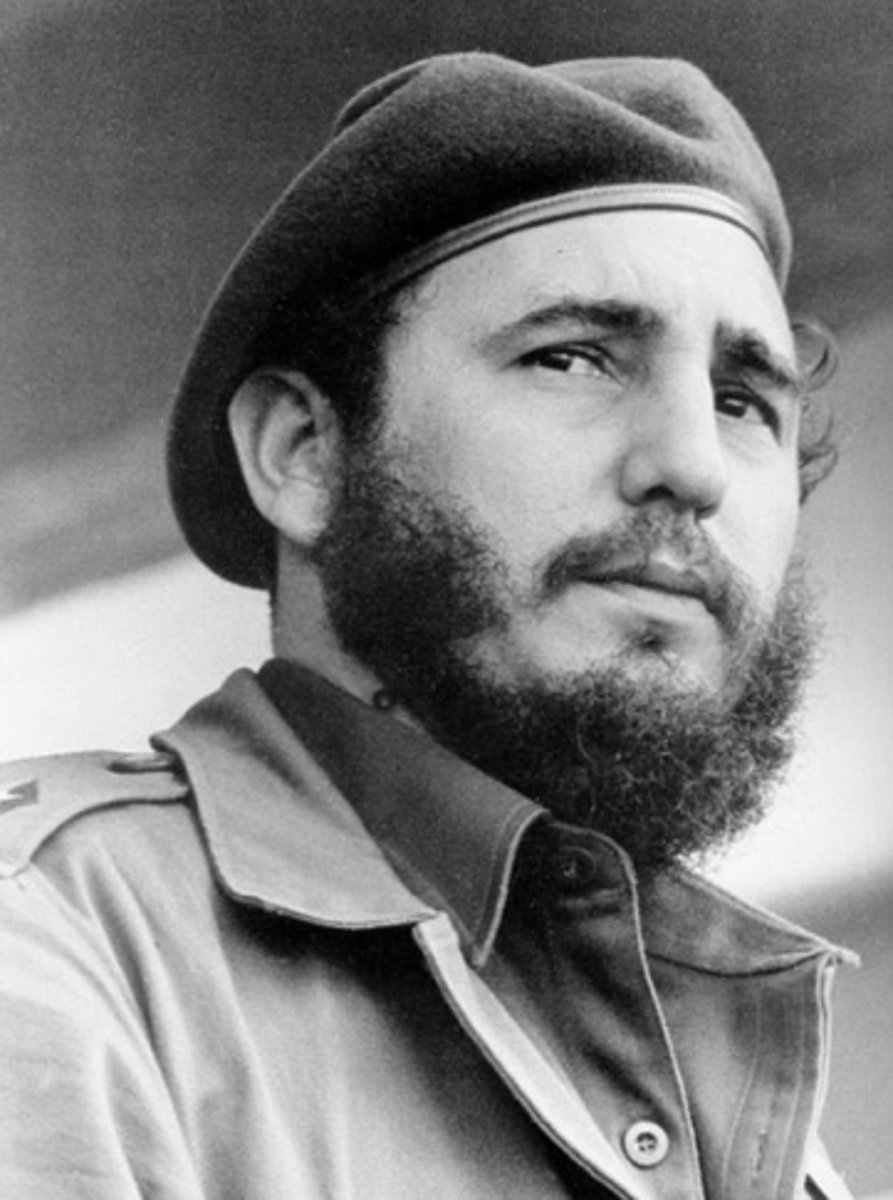
Fulgencio Batista
A pro-American dictator of Cuba before Castro. He ruled successfully as president 1940-1944 before taking over with authoritarian rule in 1952 until 1959
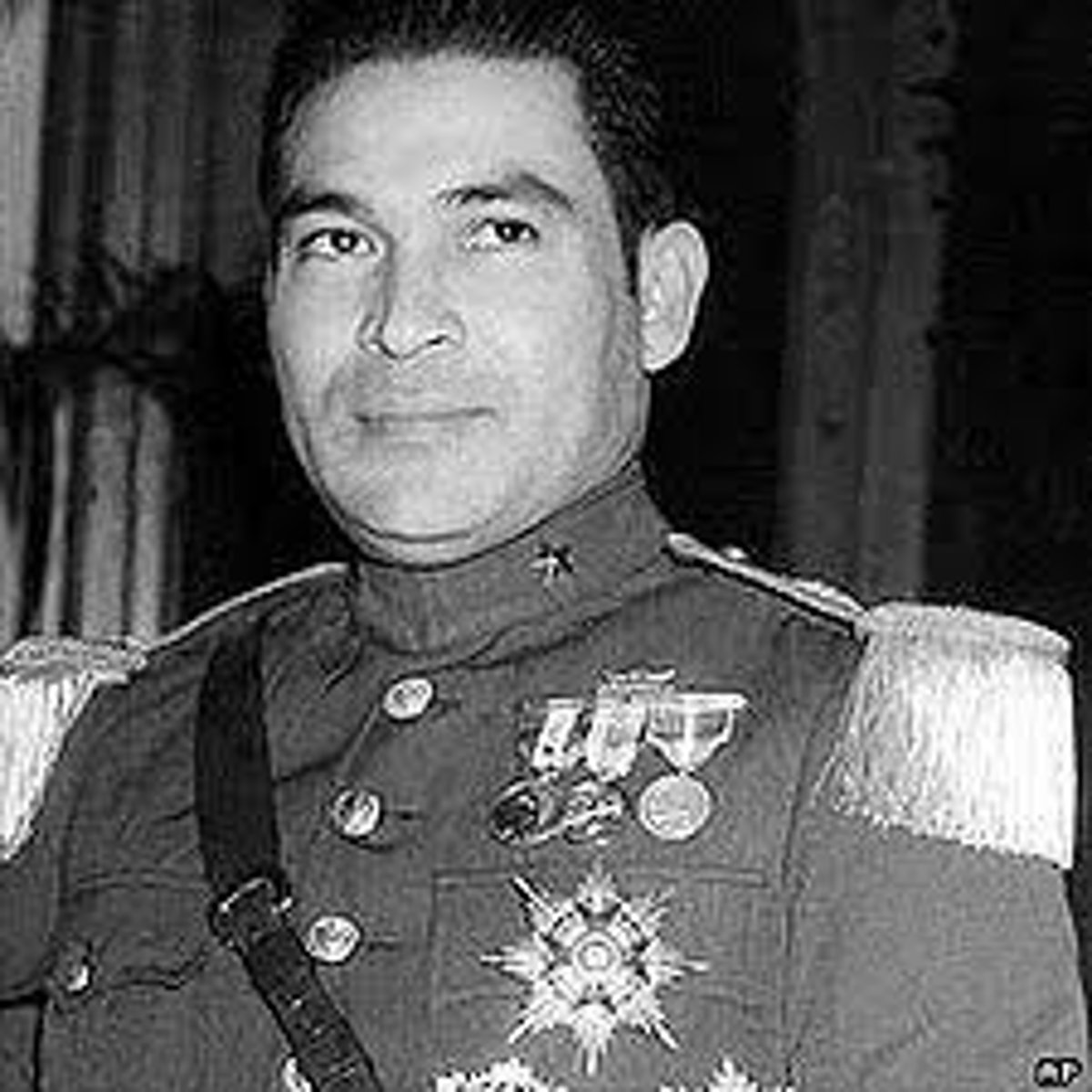
Rebel Radio
Station set up by Chev Guevava in the Sierra Maestra to broadcast the aims of the 26th July Movement (M-26-7) led by Castro.
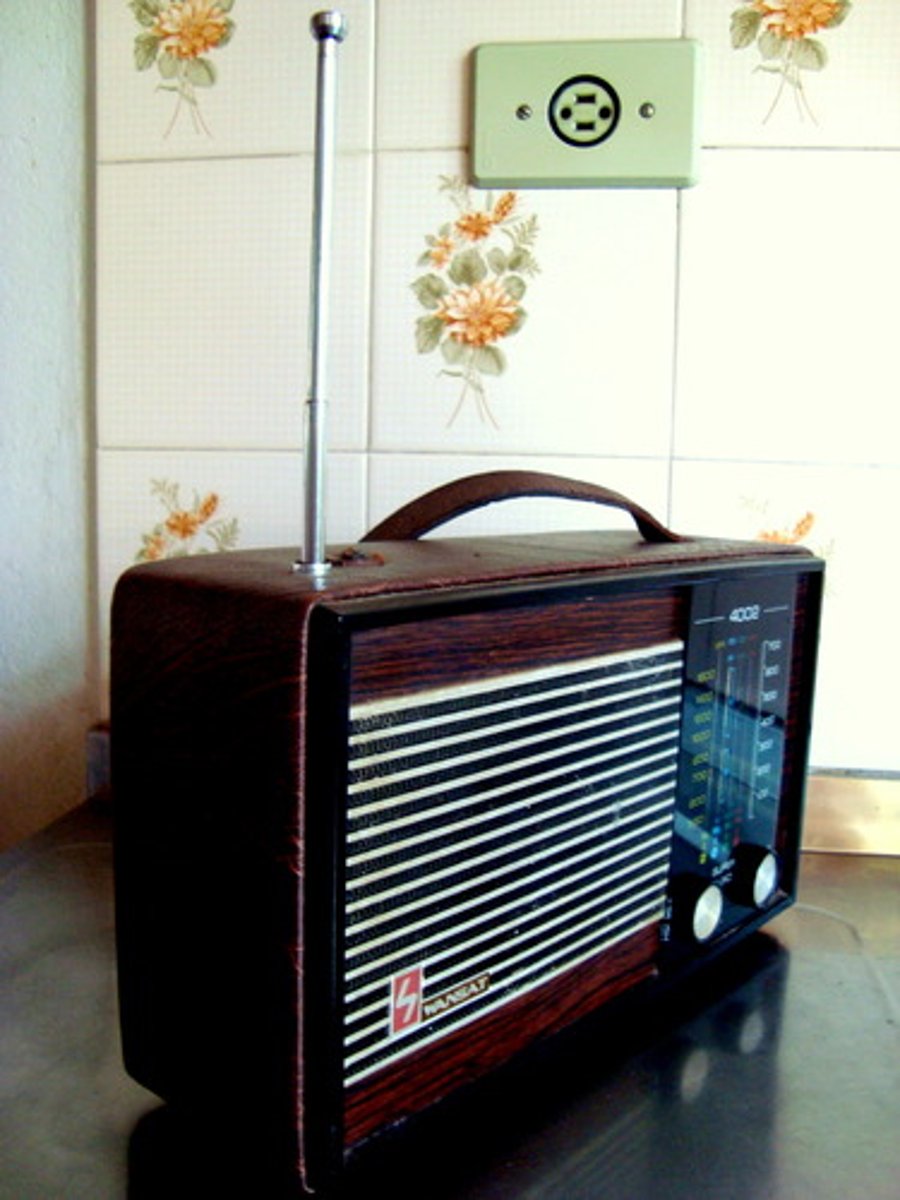
Sugar Intervention
The events in Cuba between 1917 and 1922, when the United States Marine Corps was stationed on the island.
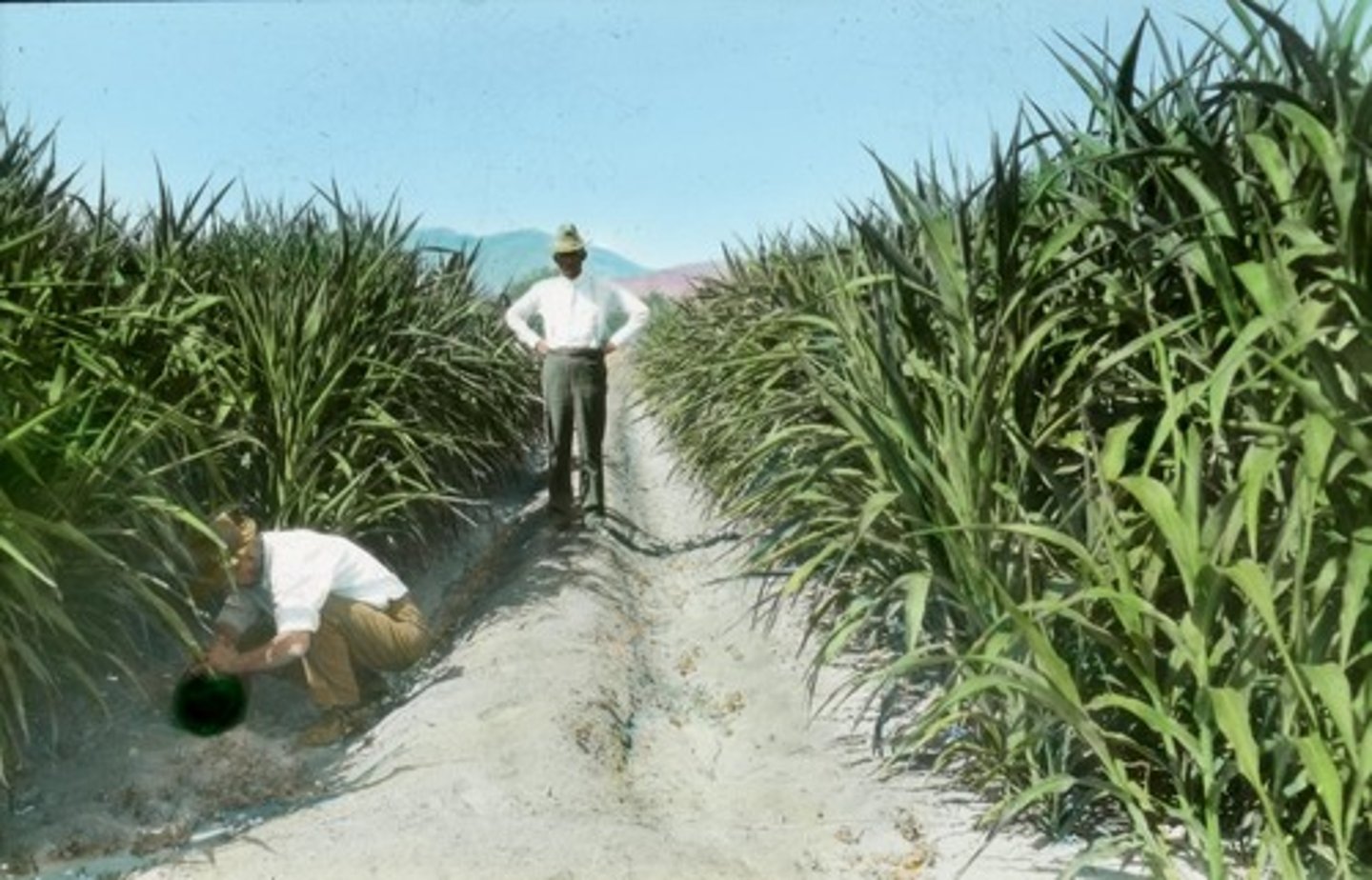
Fidelistas
Group of supporters of Fidel Castro and the 26th July Movement.
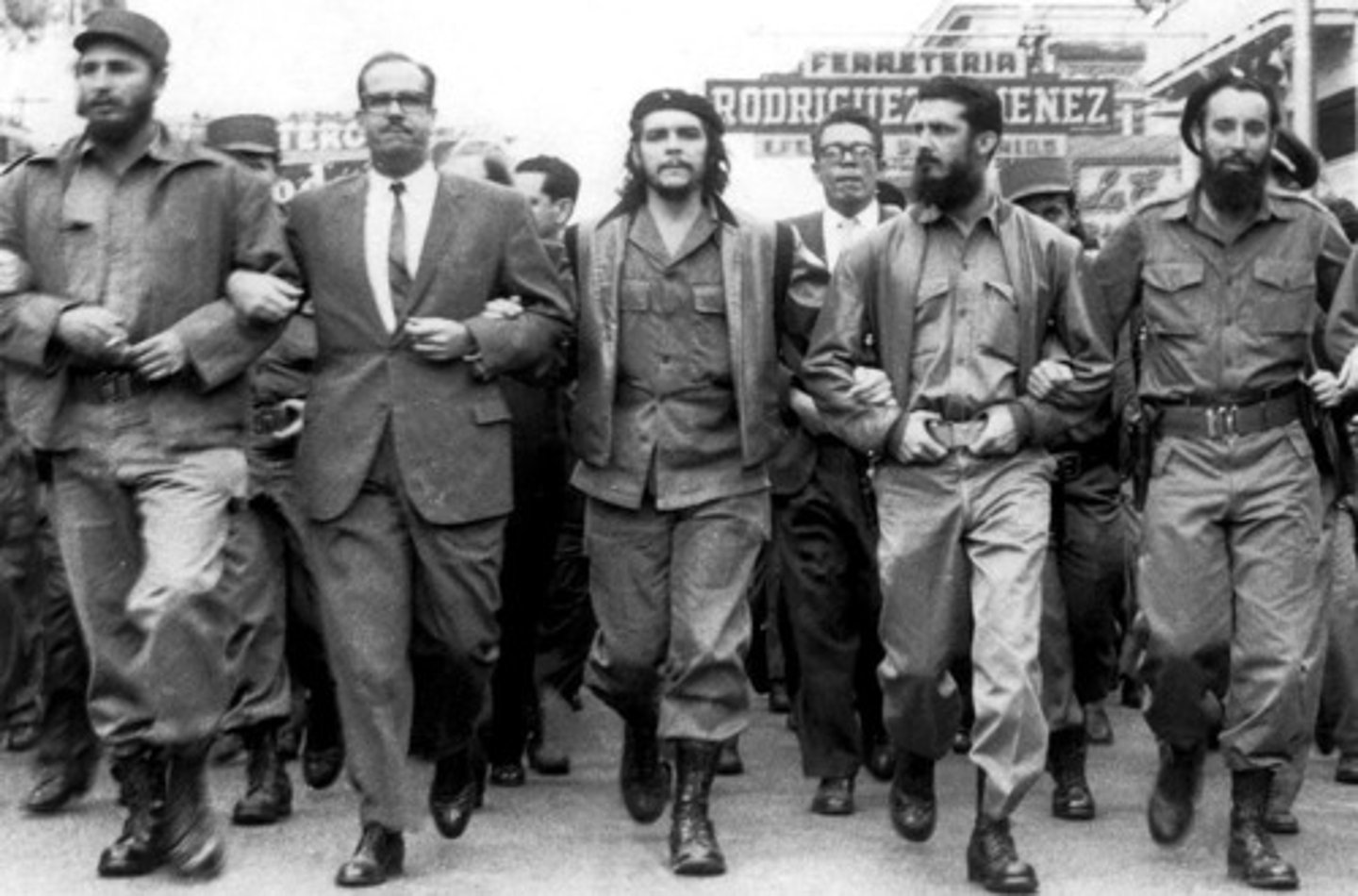
PSP Strike
Attempt of non-violent protest against Batista, the most important was supposed to align with Castro's attack to weaken Batista even more, but Castro refused because he wanted to keep his word to return to Cuba before the end of the year.
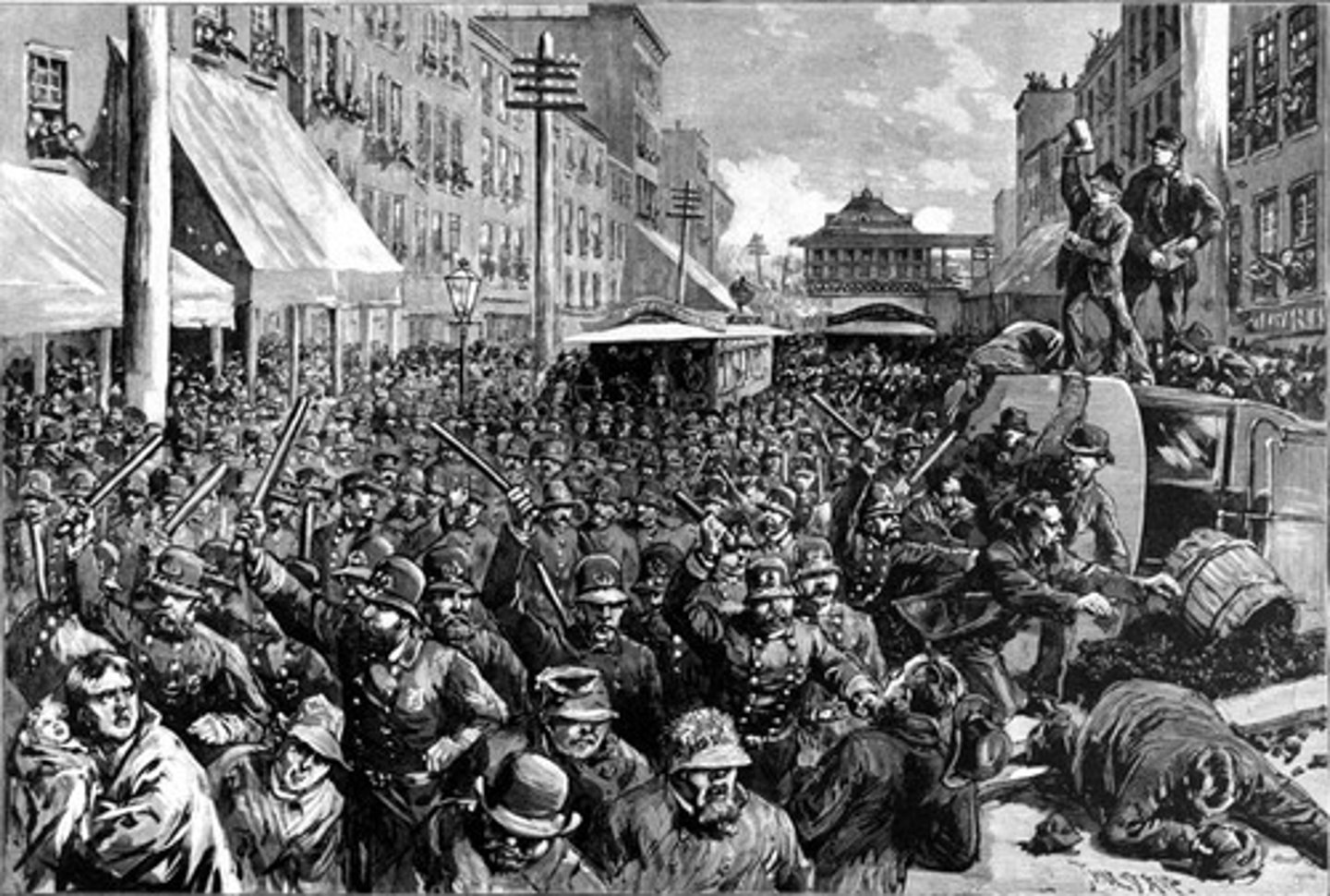
Operation Verano
batista's counter-attack; government military was handicapped in the operation due to: more than half were conscripts with little training and less incentive to fight; Castro knew the ground better; the local population supported Castro; two rival generals in charge of the operation
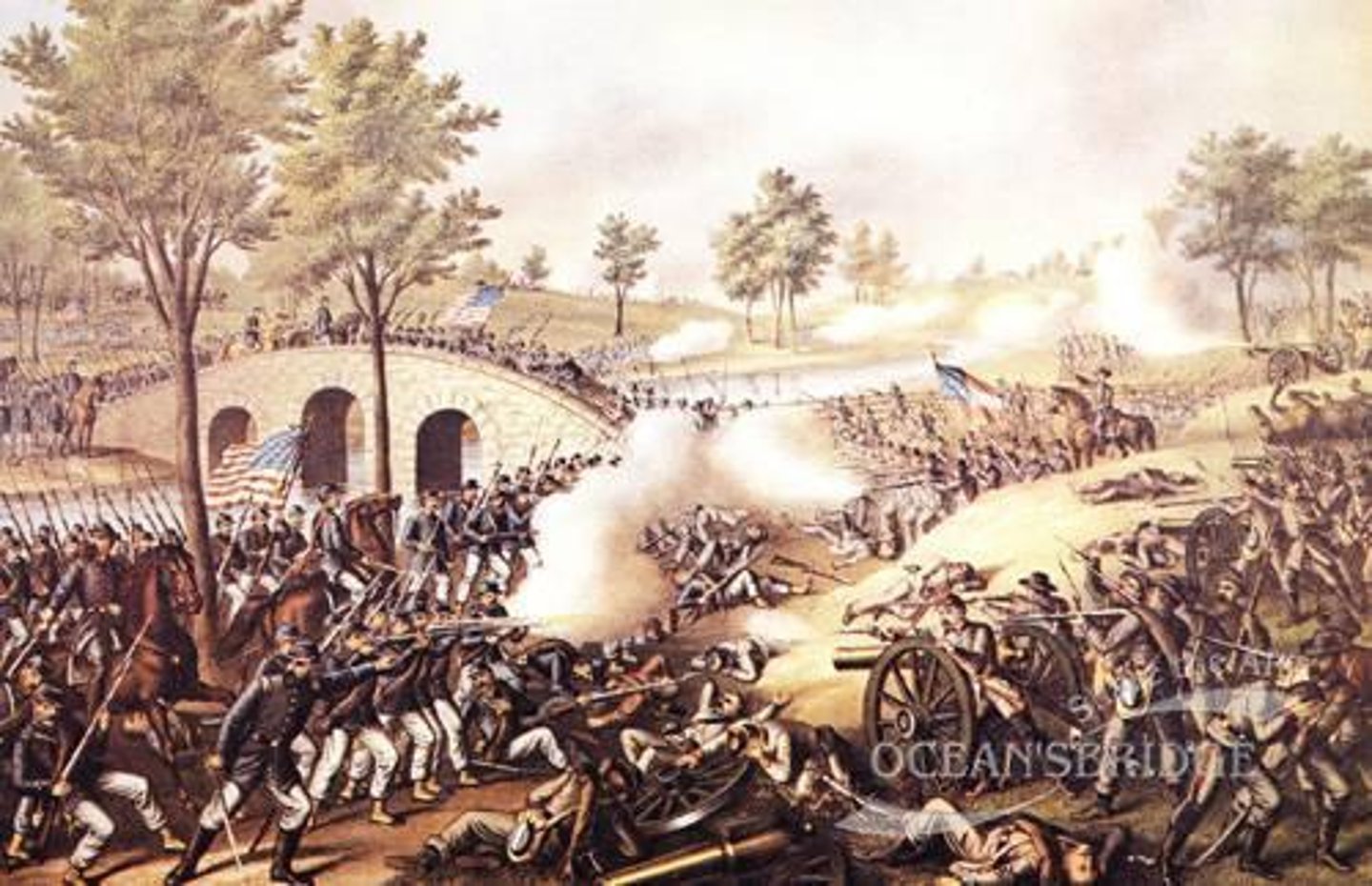
Herbert Matthews
NYT reporter. Interviewed Castro, and the interview alone gained Castro recognition from foreign countries, such as the United States.
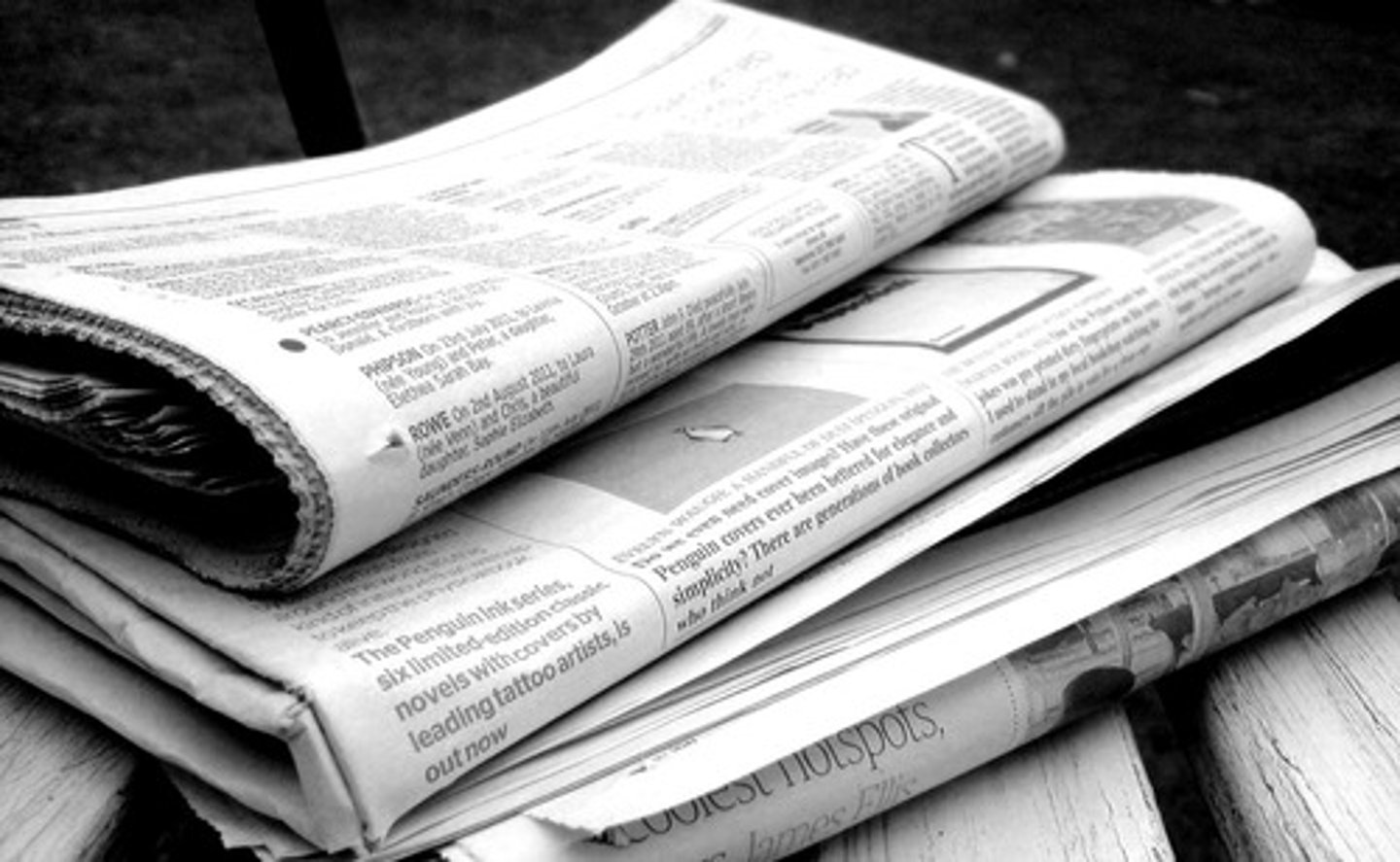
Che Guevara
An Argentinian who served as one of the most important revolutionaries during Castro's rise to power
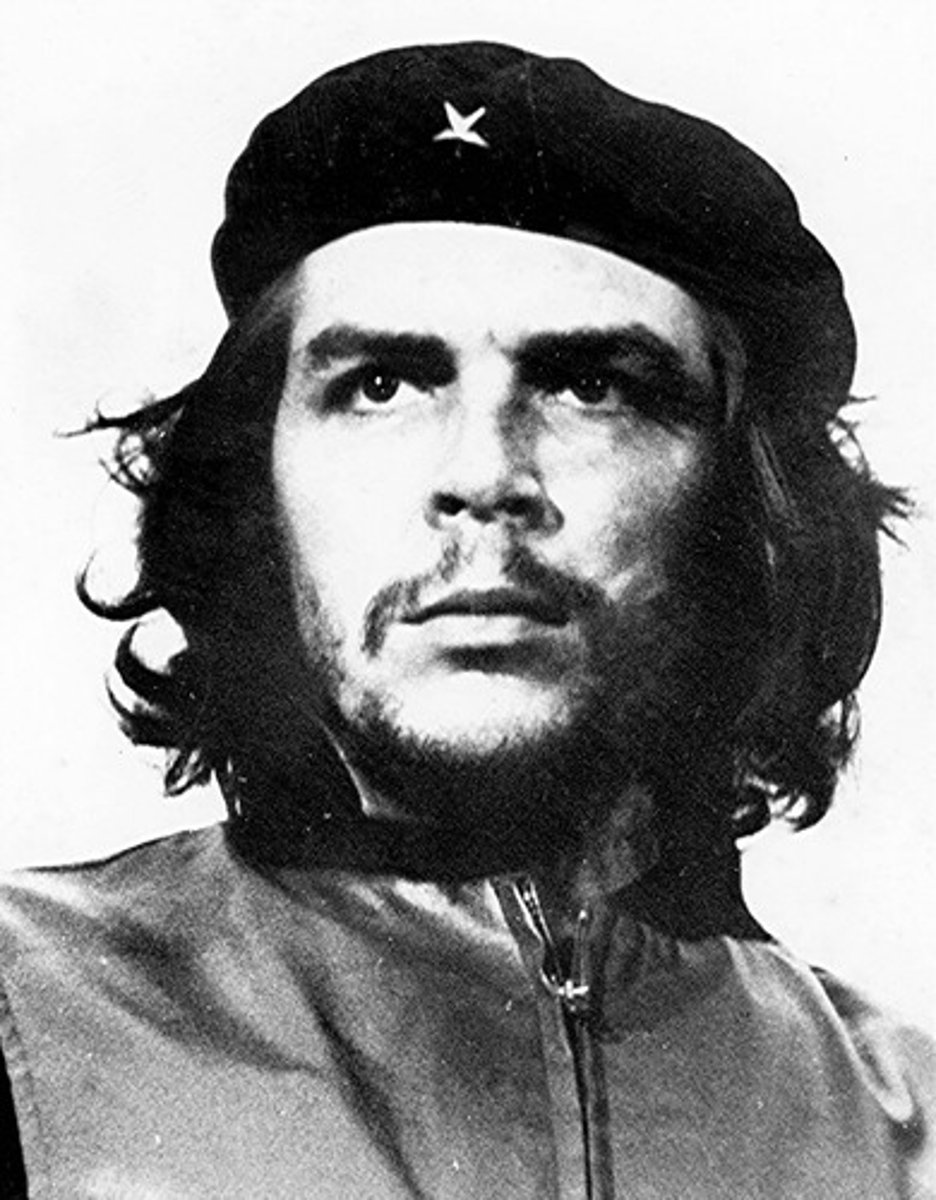
Propaganda
Biased information in the form of media to promote political ideas + figures. Heavily used by Castro to gain support from the public and other countries.
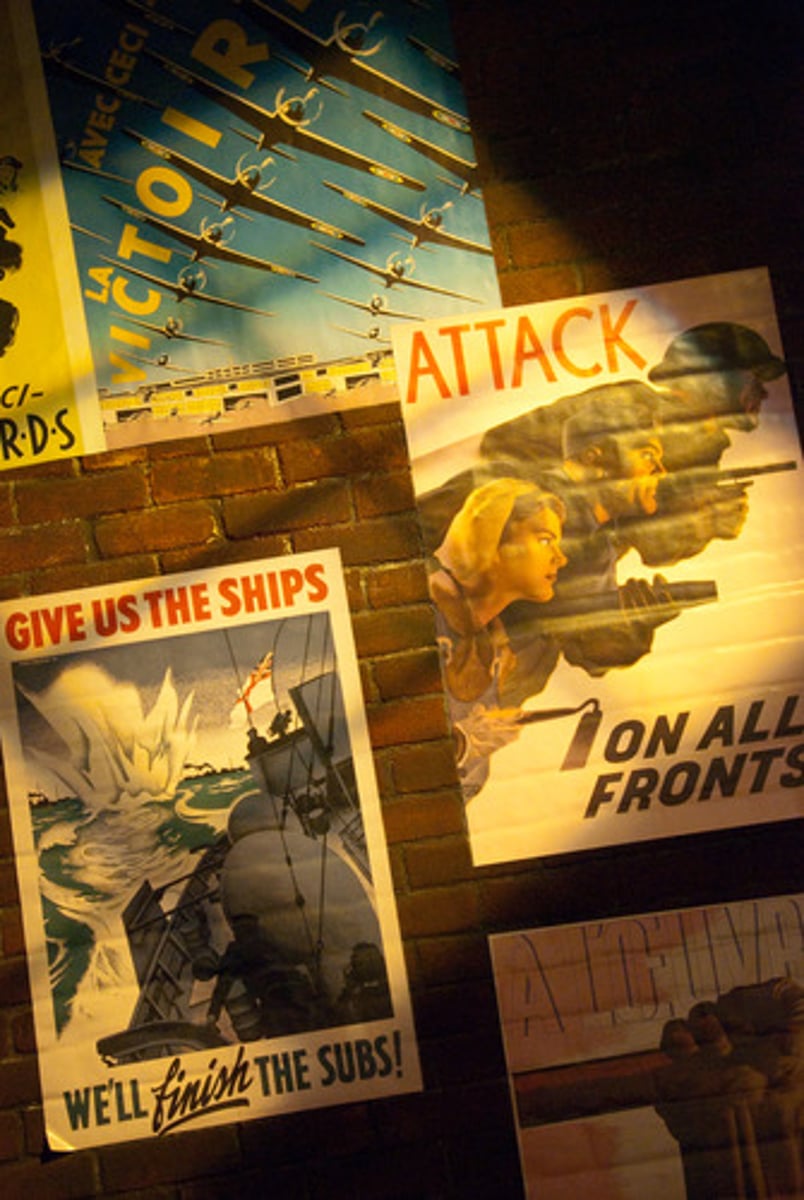
Moncada Barracks
A military place in Santiago de Cuba, where Castro launched his 1st attack on July 26, 1953.
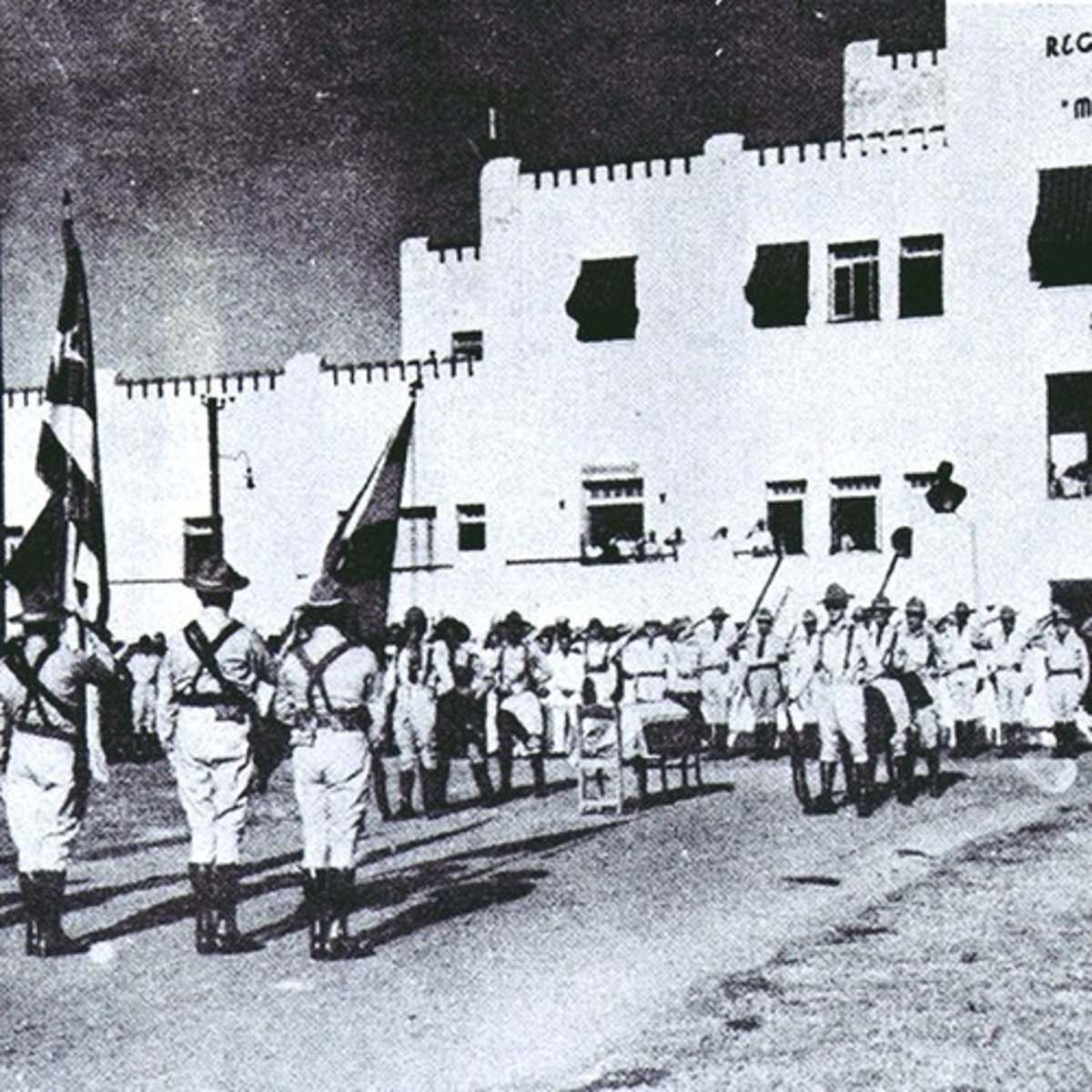
Aid to Peasants
FIdelistas paid for whatever peasants needed, taught them to read and provided medical assistance. Fidelistas also helped with gathering the harvest and listening to grievances about livelihood and punished anyone purposely harming peasants, even within their own ranks.
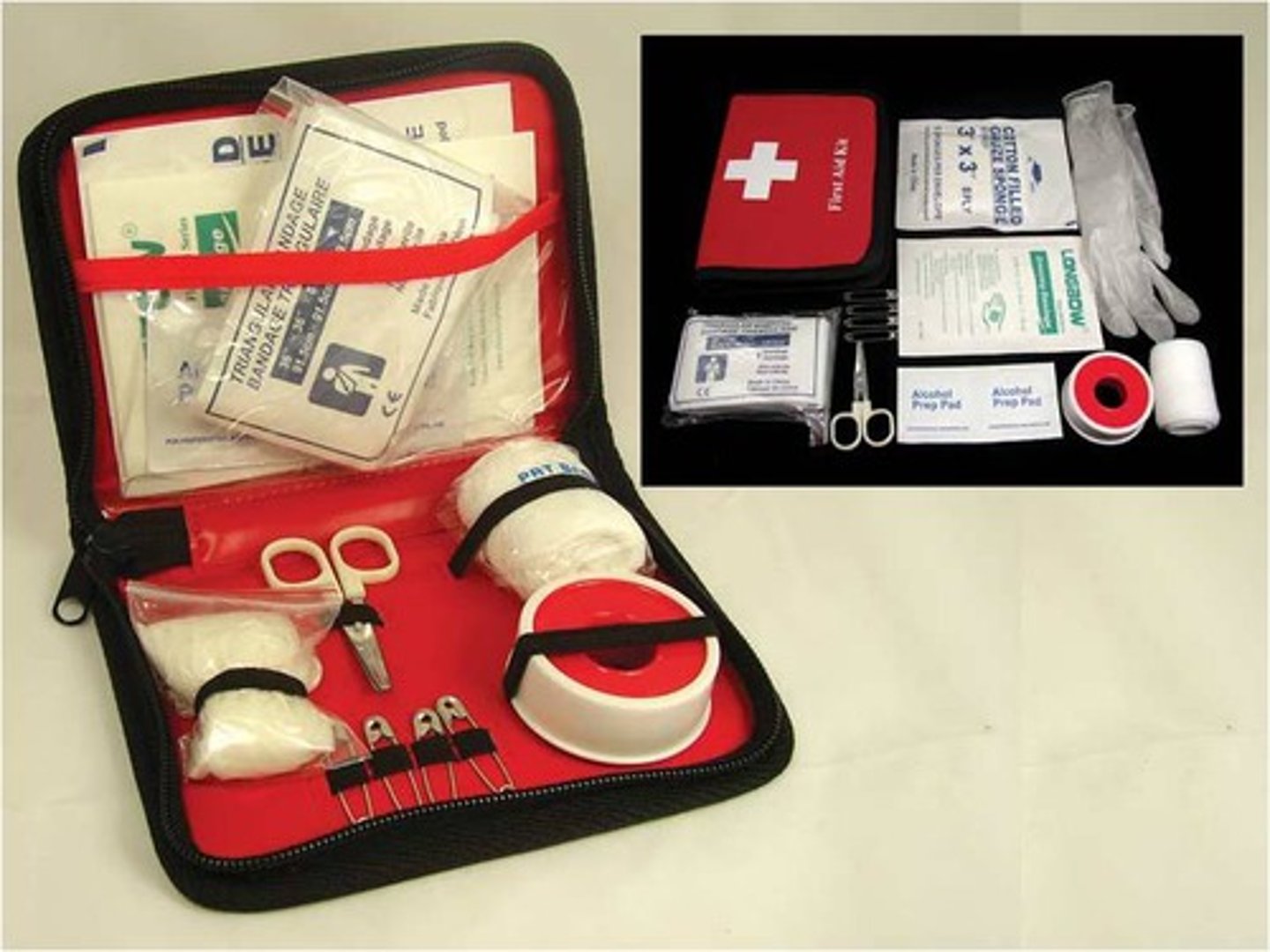
Exile to Mexico
Castro fled to Mexico in fear of re-arrest or assassination; Castor formed a revolutionary group
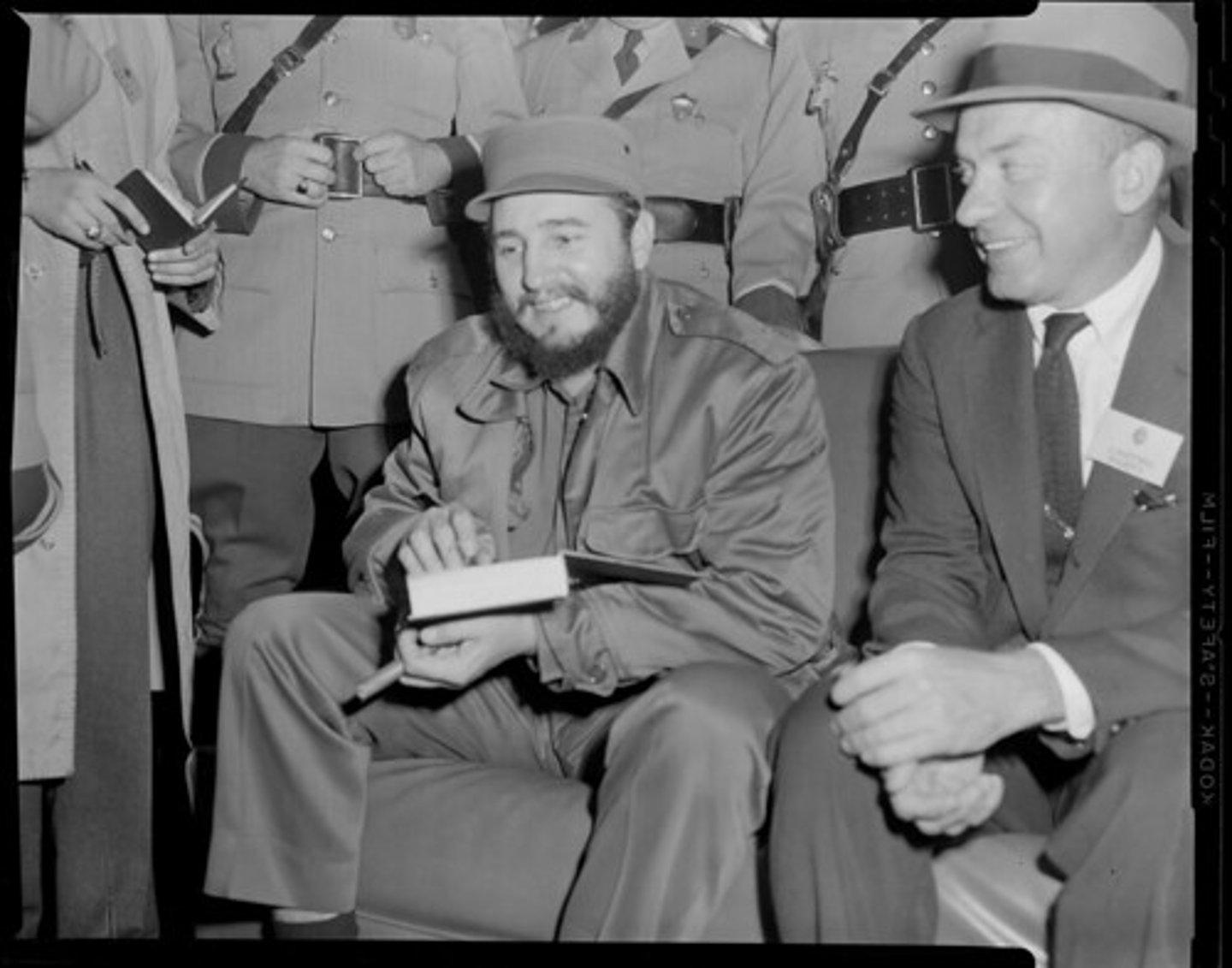
Guerilla War Tactics
Military strategy used by Castro and his army. These tactics are usually used when an army is outnumbered. Includes methods such as sneak attacks, ambushes, etc.
Battle of Las Mercedes
A battle from 28 July to 8 August where Castro bought time for rebel forces to disengage by feigning negotiations with Batista's forces.
Moncada Programme
first stated at his trial, this program outlined Castro's demands for change in Cuba: a fairer society, free from political corruption
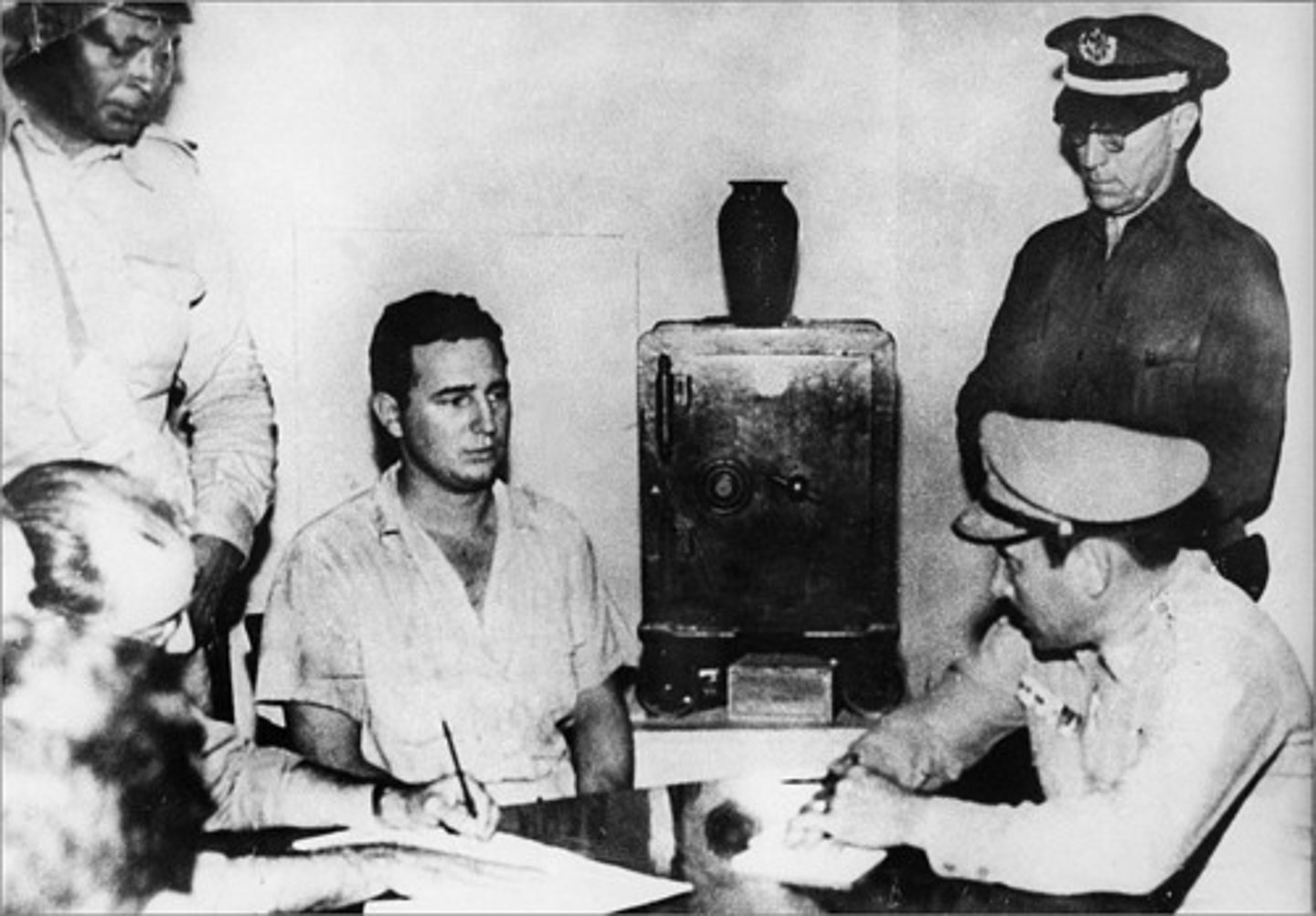
Ortodoxos
aka Cuban People's Party, political left-wing party led by Eddy Chibas, called for government reform
Anti-Americanism
Resentment for the United States government, mostly caused by American interventions in Cuba such as the Platt Amendment
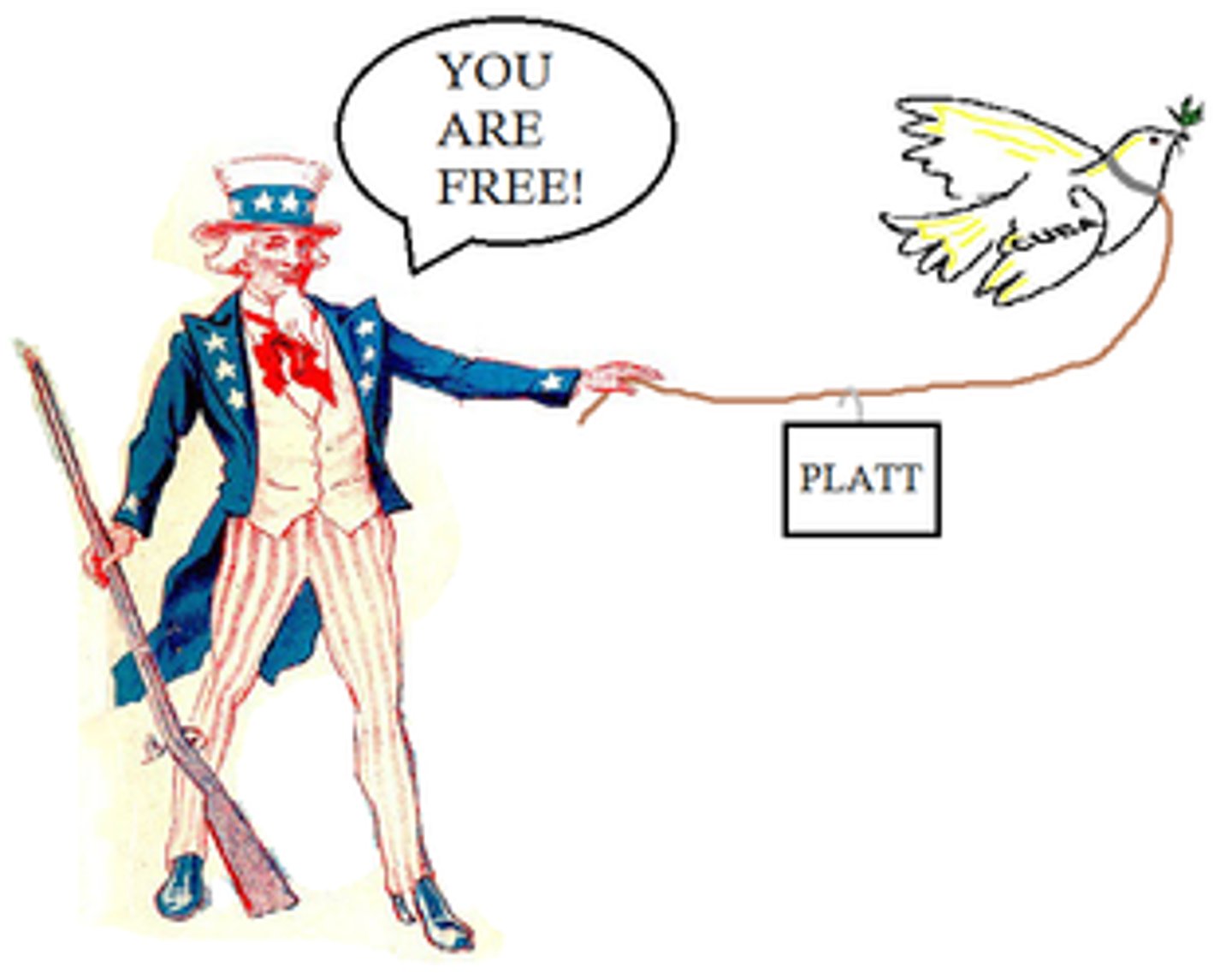
Speech/Trials
"History will absolve me" -Speech Fidel Castro gave at his trial after the Moncada Barracks attack (July 1953).
Sierra Maestra
The mountain range in Southeast Cuba where Castro and 16 others fled after the massacre after landing in Cuba after exile.
Economic Inequality
Cuba experienced significant division between the peasants (which primarily lived in eastern Cuba, such as the Oriente province) and the wealthy classes, which controlled most of government prior to 1959.
M-26-7
An organization formed during Castro's exile in Mexico that supported his return to Cuba, and helped him push for Cuban Nationalism
Anti-Communism in Cuba
Heavy anti-communist sentiments in Cuba; Batista was known to collaborate with communists while Castro heavily denounced them and Batista's ties with them
Urban Campaign
Campaign led by M-26-7; organized thousands of protests, strikes, and movements to decrease Batista's support and promote Castro; still less successful than rural campaign
Autenticos
A far-right political party ousted by Batista in his 1952 coup. Their president, Carlos Prio Socarras, led one of the most polarized, corrupt, violent, and undemocratic governments in Cuban history.
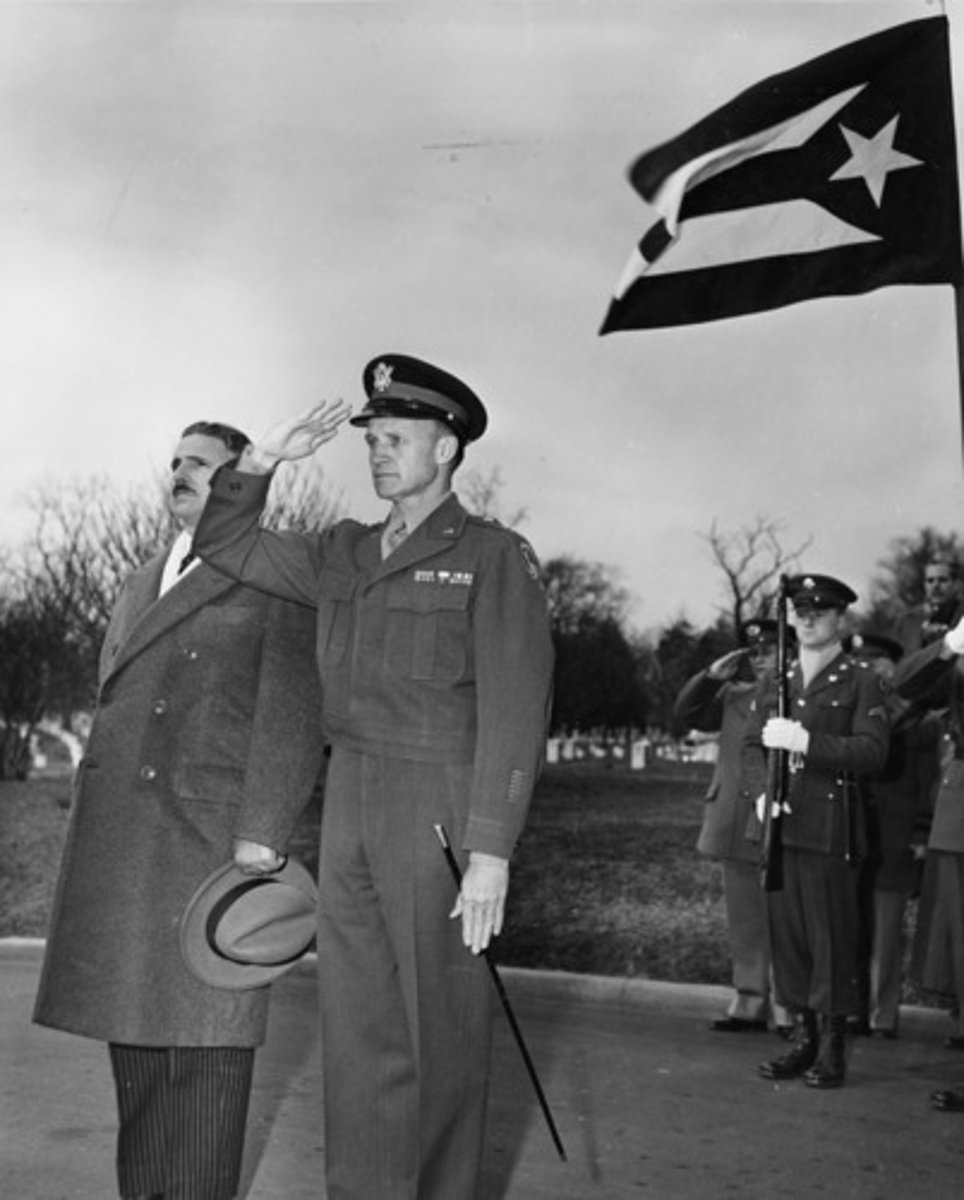
BRAC
Cuban secret police, the Bureau for the Repression of Communist Activities, focused on preventing communist influences in Cuba.
Granma
The yacht used by Castro to transport 82 fights for the Cuban Revolution. Was not very stable but eventually landed in Niquero for the Cuban invasion.
Manuel Urrutia
The first president of Cuba following the Batista regime. He was initially appointed by Fidel Castro and he resigned less than a year later as he and several other politicians were likely forcibly removed from power for being too liberal and holding anti-communism views. He then moved to the United States.
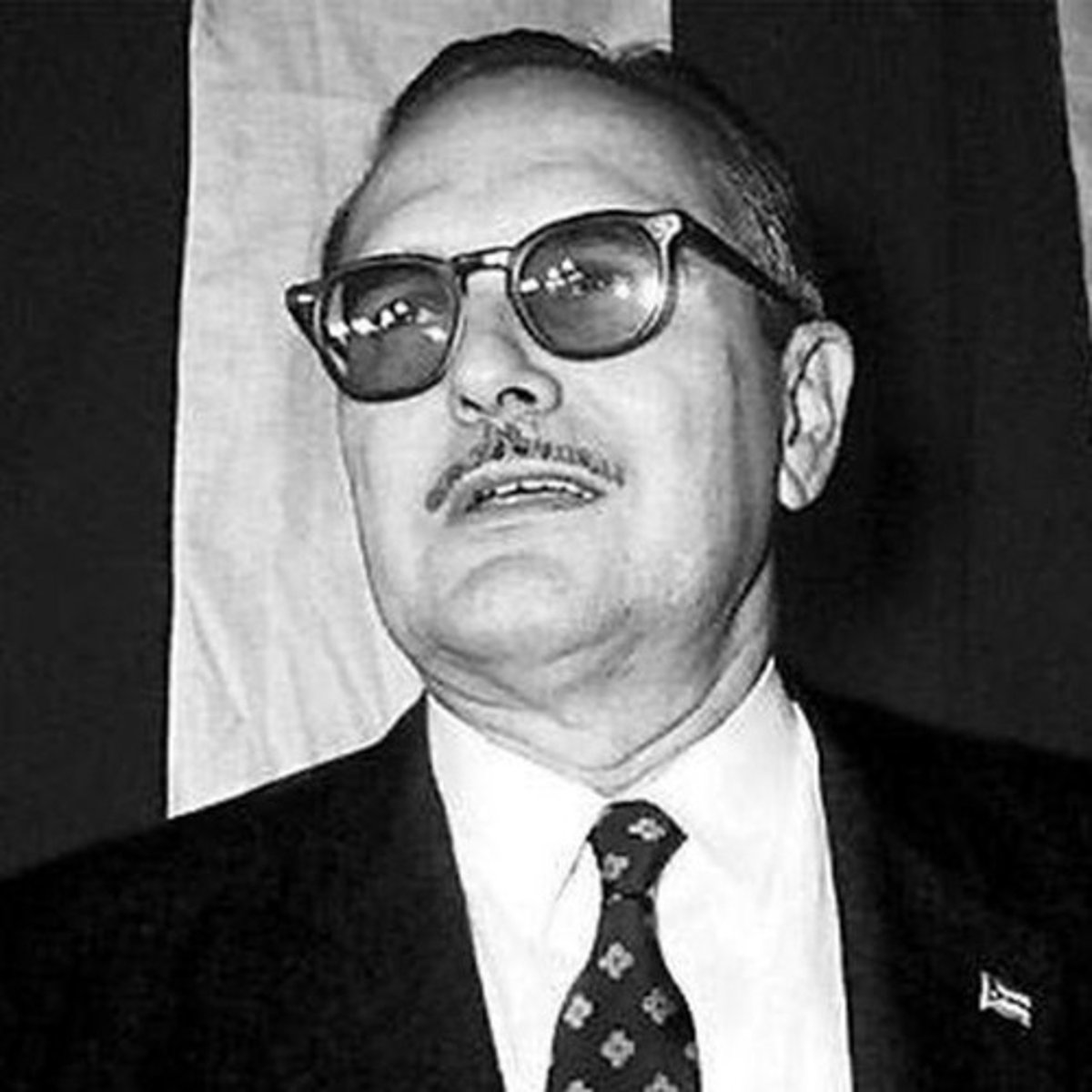
INRA (Institute of Agrarian Reform)
Agency of Cuban Government that was formed to oversee development of rural infrastructure and remove unproductive areas for resettlement.
Cuban Control of Press
Strictly censors news, information and commentary, and restricts dissemination of foreign publications to tourist hotels..
Banning of Political Parties
Castro banned all opposing political parties in order to consolidate power + silence opposition.
Cuban - USSR Trade Relations
After the U.S> placed an embargo on Cuba, Cuba turned to the USSR. The USSR supplied oil and weapons. Cuba supplied sugar to the USSR.
José Miró Cardona
Appointed to Prime Minister of Cuba by Urrutia, served for six weeks following the Cuban Revolution, but resigned in February 1959, replaced by Fidel Castro
Vice President Nixon and Cuba
Agrees to meet with Castro and decides he is not a communist despite the views of U.S. President Eisenhower.
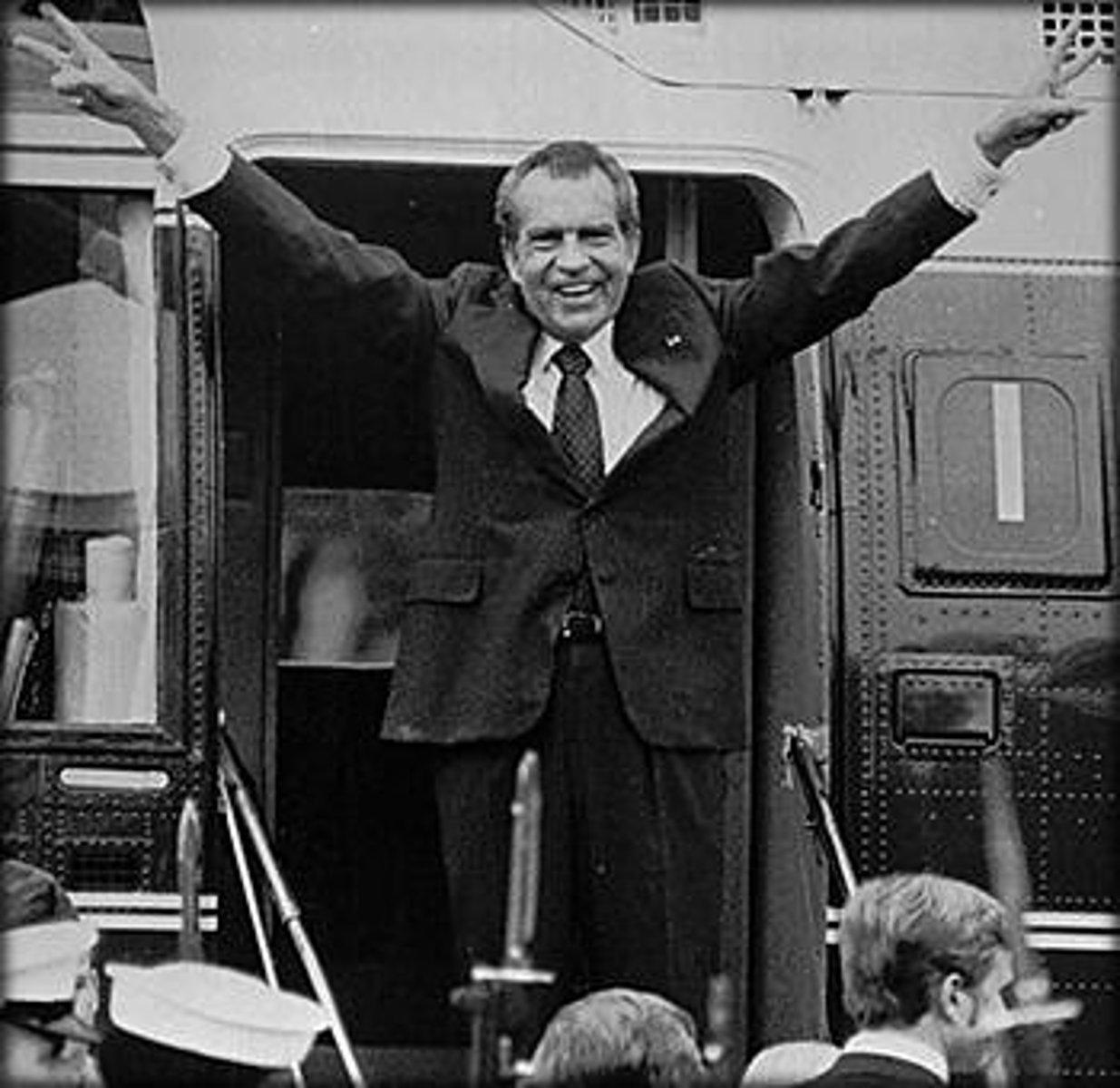
PSP
Partido Socialista Popular, a socialist party in Cuba that supported Batista and formed an alliance with the Orthodox Party. They later merged with the ORI.
Bay of Pigs Invasion
U.S. mission in which the CIA, hoping to inspire a revolt against Fidel Castro. The U.S. trained & sent 1,500 Cuban exiles to invade Cuba on April 17, 1961; the mission was a spectacular failure and further led Castro to justify certain decisions due to "U.S. Threat".
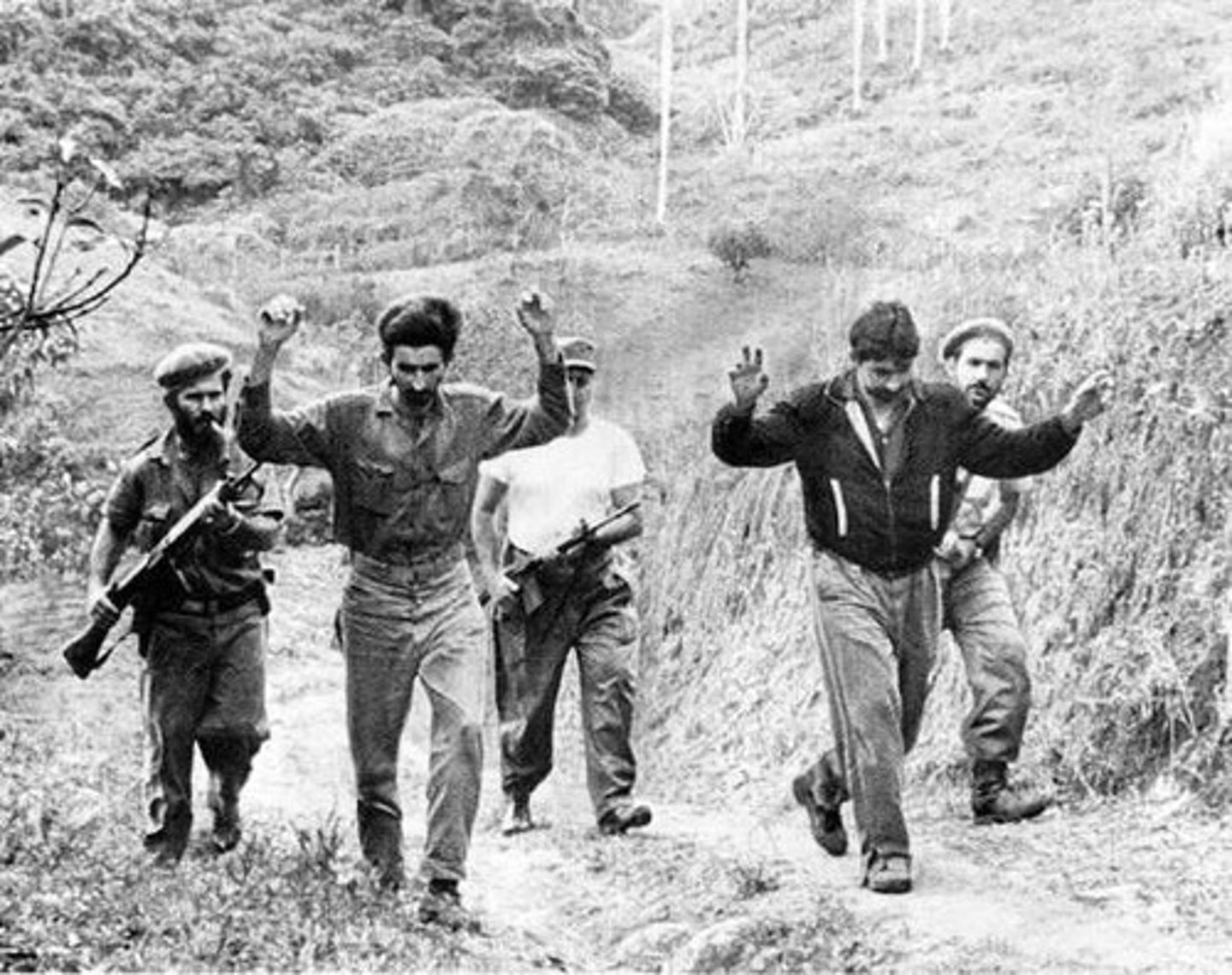
Cuban Missile Crisis
(1962) confrontation between USSR and US over soviet missiles in Cuba
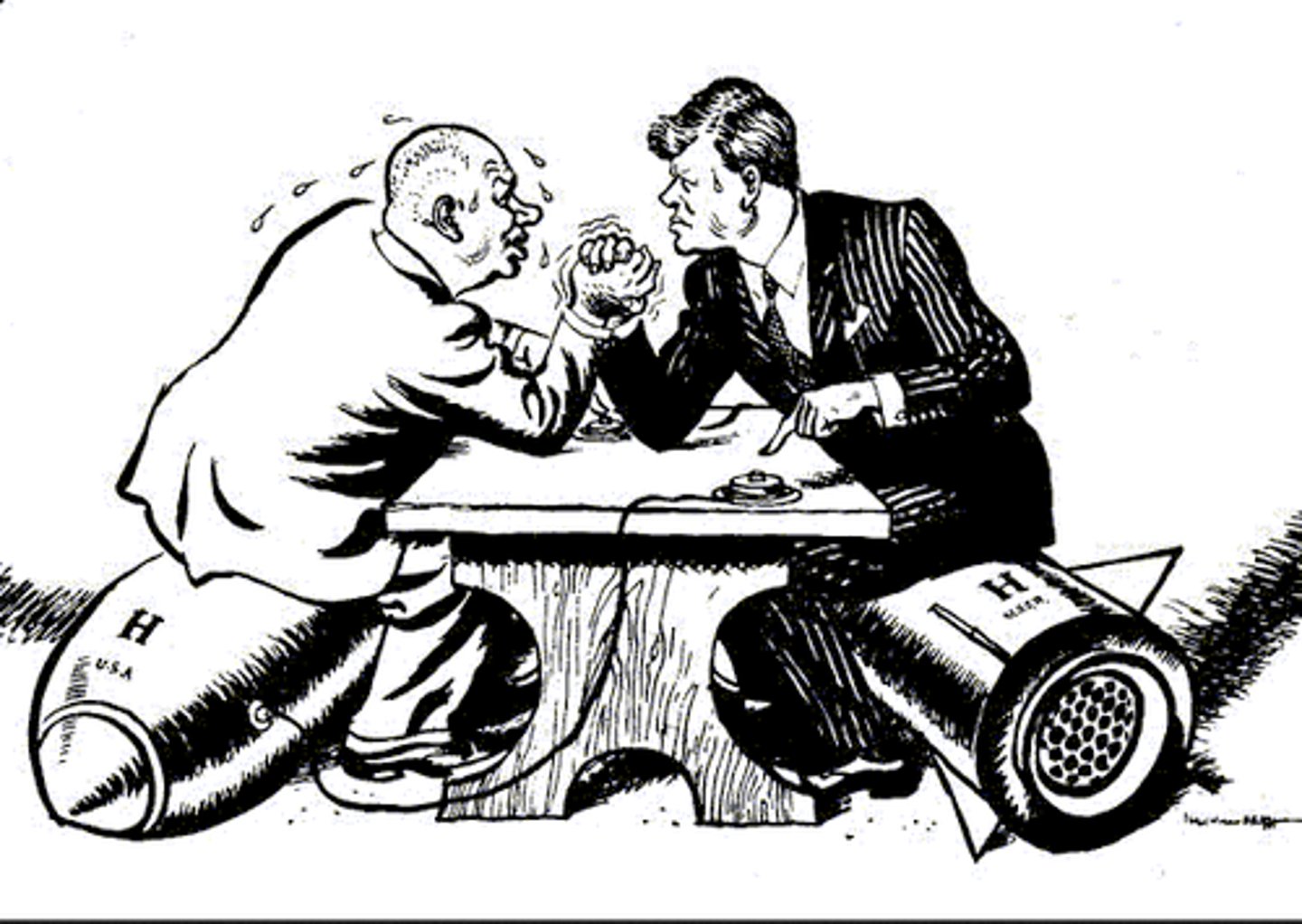
Raúl Castro
Brother of Fidel Castro, who participated in the Cuban Revolution, becoming Minister of the Armed Forces after 1959
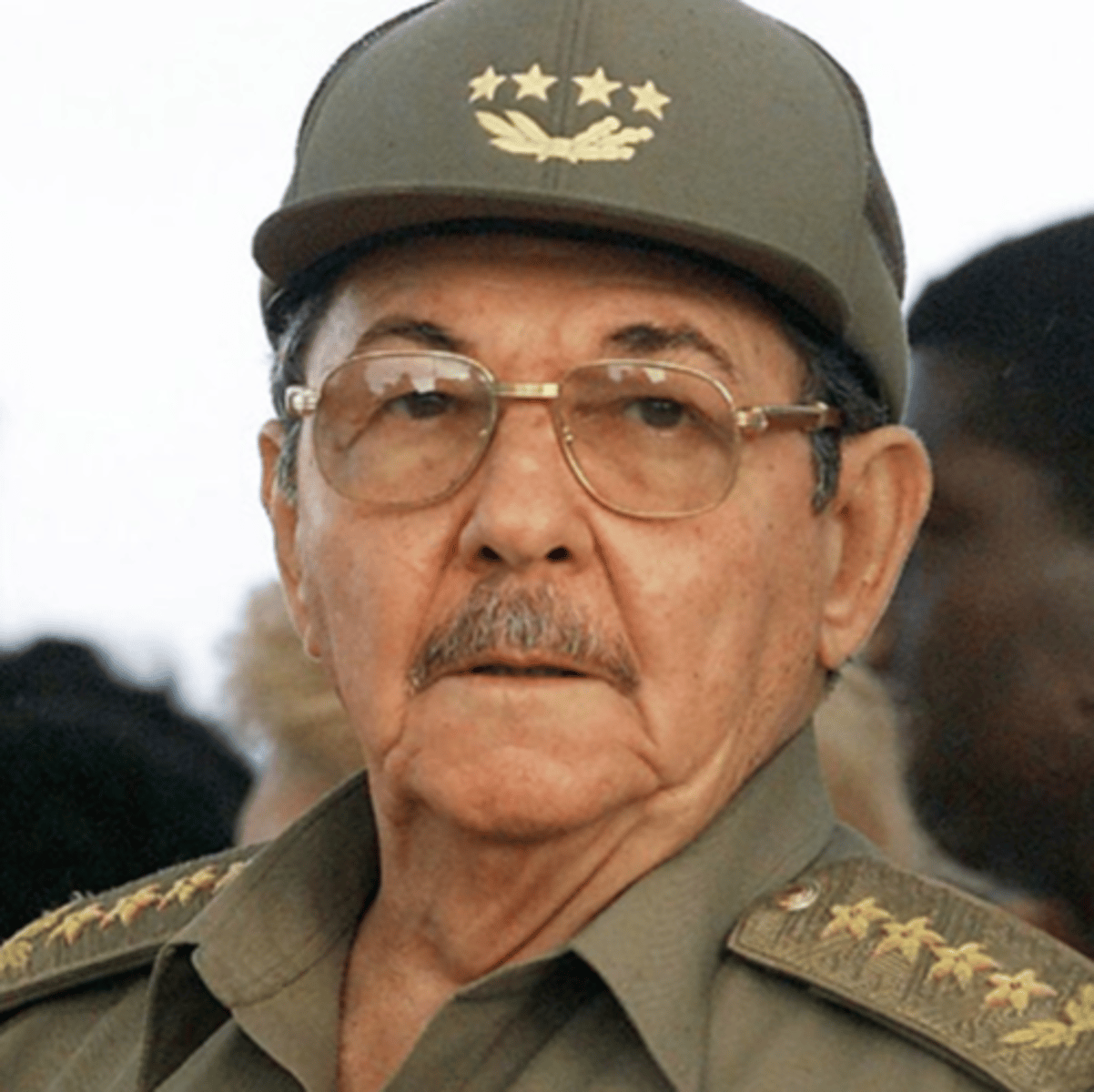
Castro and Communism
Around the 1950's Castro made it known that he was not a communist, but a a nationalist but then after Dia de la Revolución he became a marxist leninist.
William Alexander Morgan
An American-born Cuban guerilla commander. Fought in Cuban Revolution. After Castro turned to communism, Morgan rebelled and was later executed for doing so.
Eisenhower + Cuba
exiles were for Bay of Pigs invasion were trained under President Eisenhower, ordered the embargo on Cuba
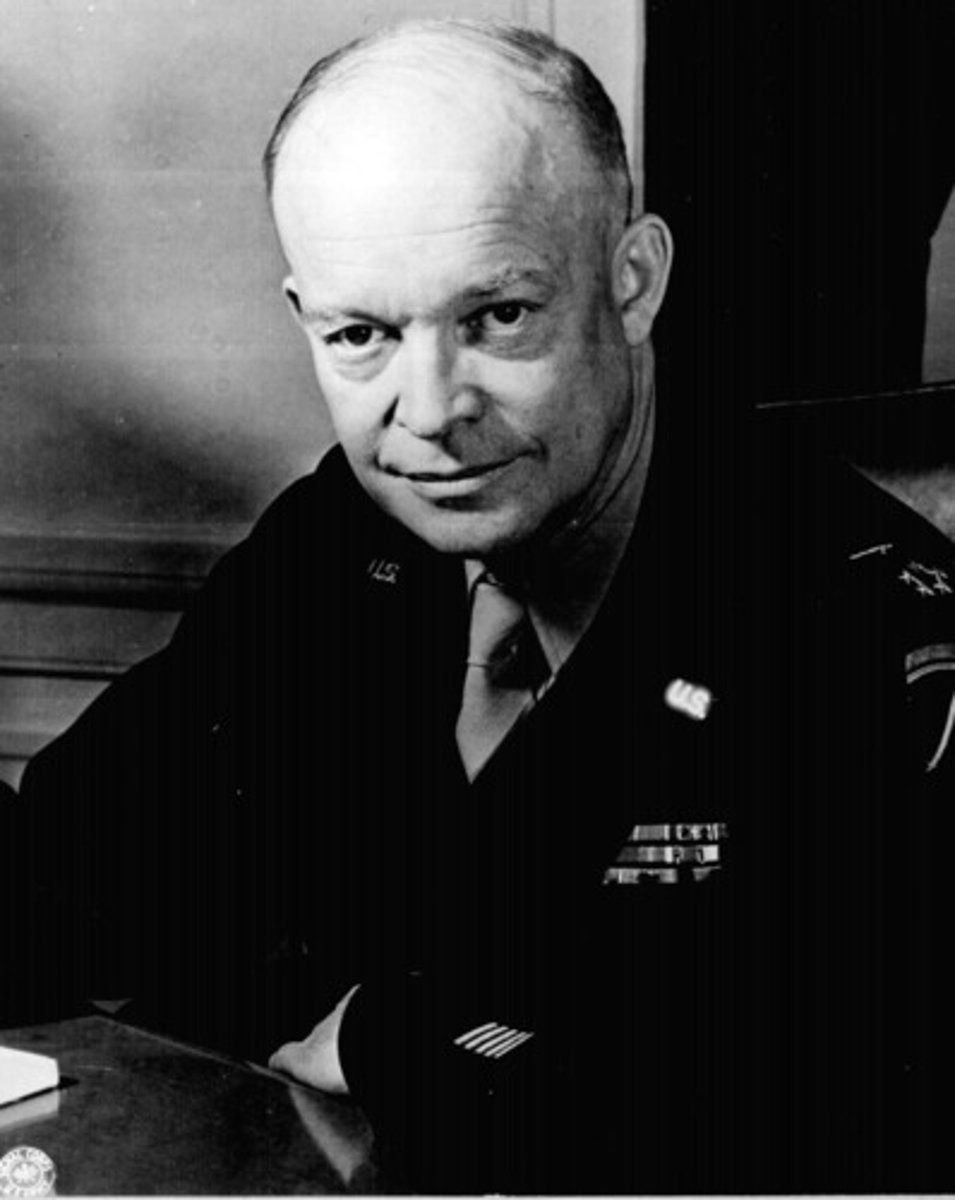
Revolutionary executions
Execution of landowners and Batista supporters immediately before and after the creation of "new Cuba".
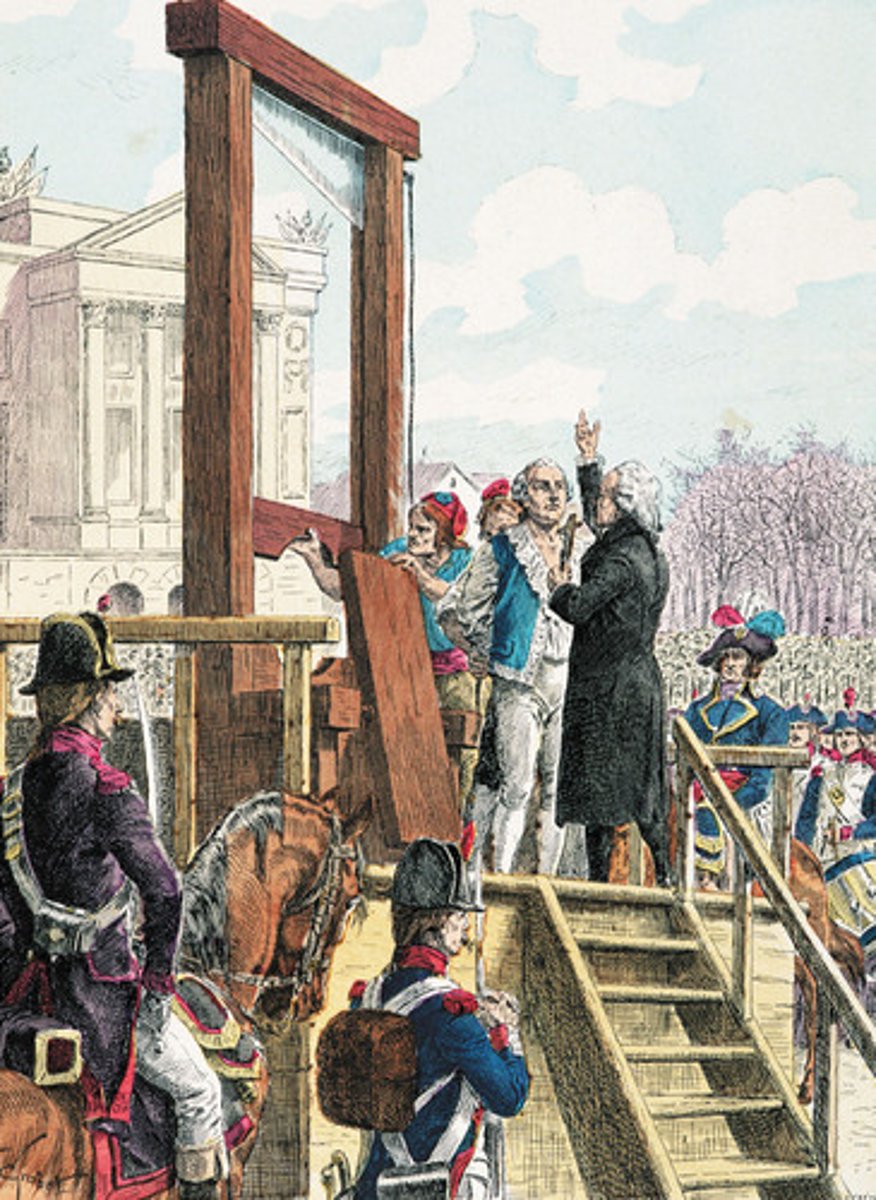
DRE
Cuban student activist group launched in opposition to Fidel Castro in 1960, based at the United States, where it soon developed links with the CIA..
Castro's visit to the U.S
April 15th 1959 Castro visited the U.S
Osvaldo Dorticos
When Urrutia resigned, this guy was his replacement as president until 1976. Then Castro took his job.
Maximo Lider
Castro since he was unimpeachable. "Supreme Leader."
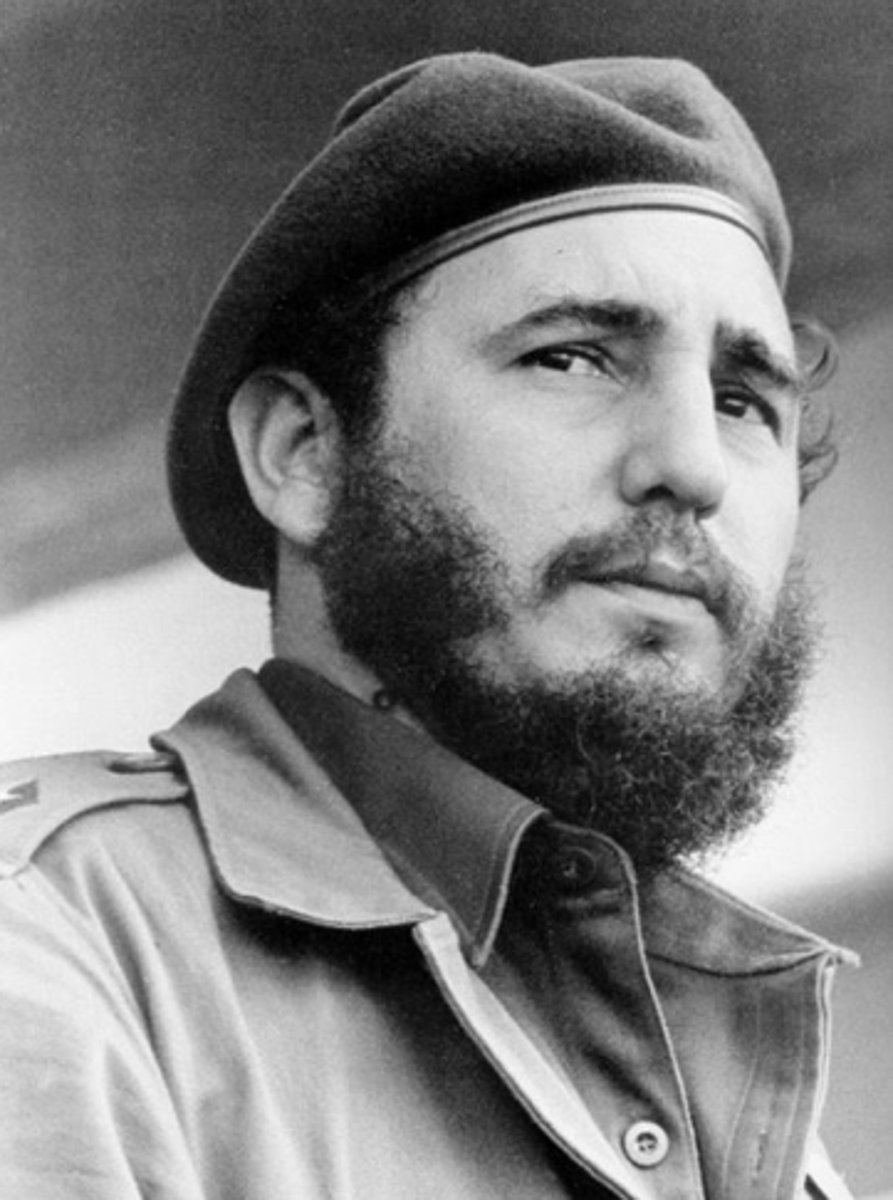
Escambray Rebellion
armed conflict who fought against the Cuban government. Castro was the leader of this group
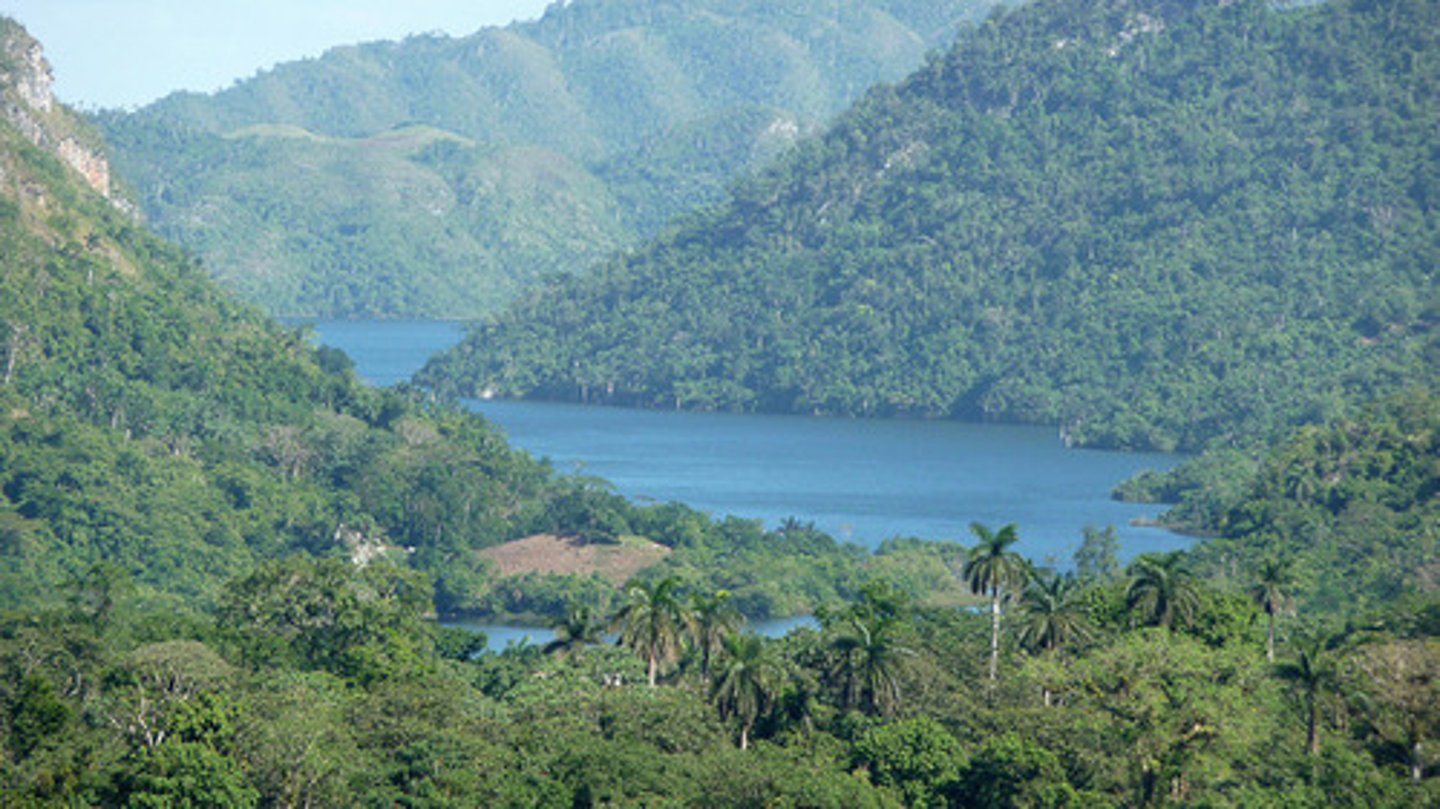
Arrest of PCC Members
Castro wanted to unite Cuba under one party and so arrested the opposition, the communist party, who opposed him
Casinos + Brothels
Example of Castro's unilateral decision-making; opening them again against Urratia's wishes caused massive conflict.
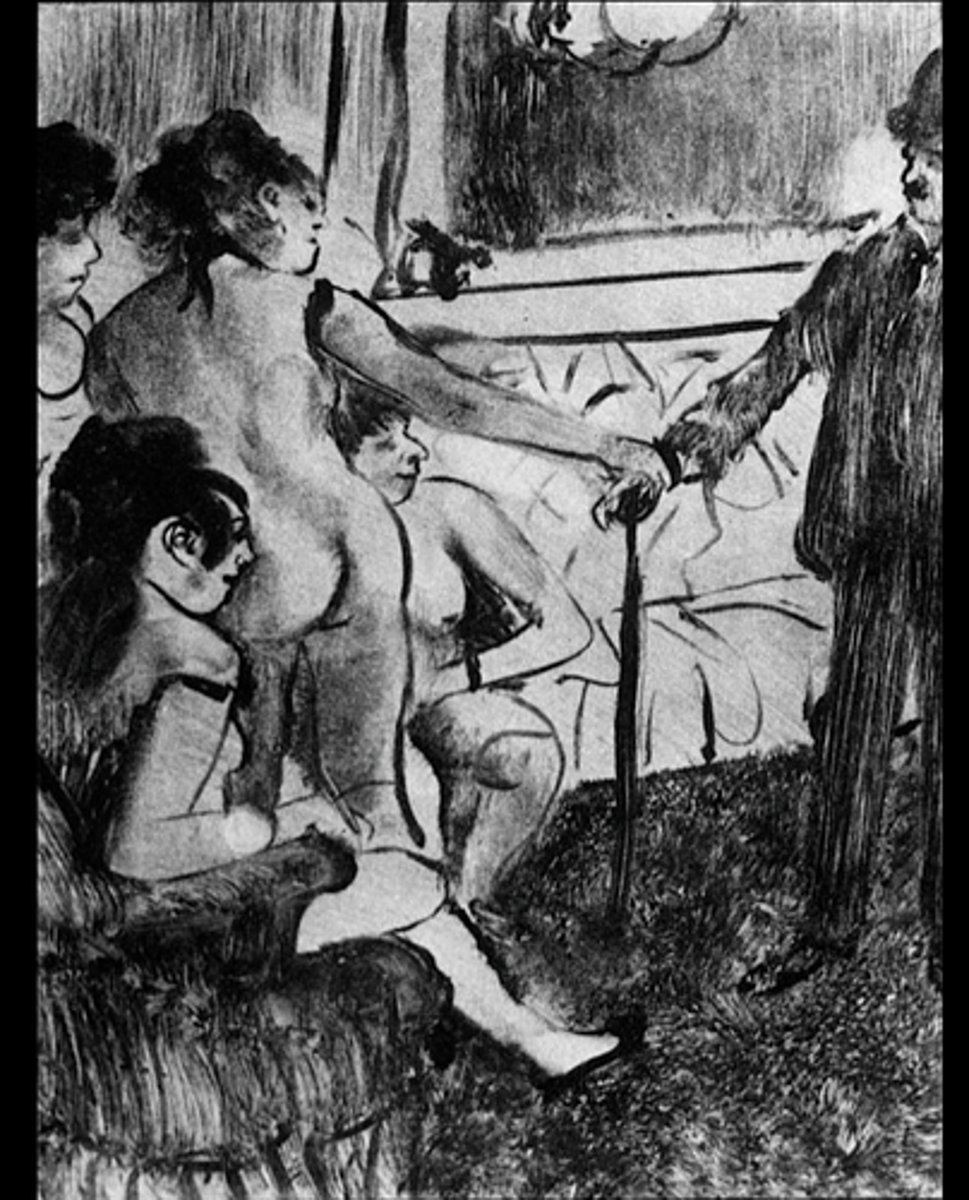
Huber Matos
Former major in Castro's army who was imprisoned for his stand against Communism in Cuba
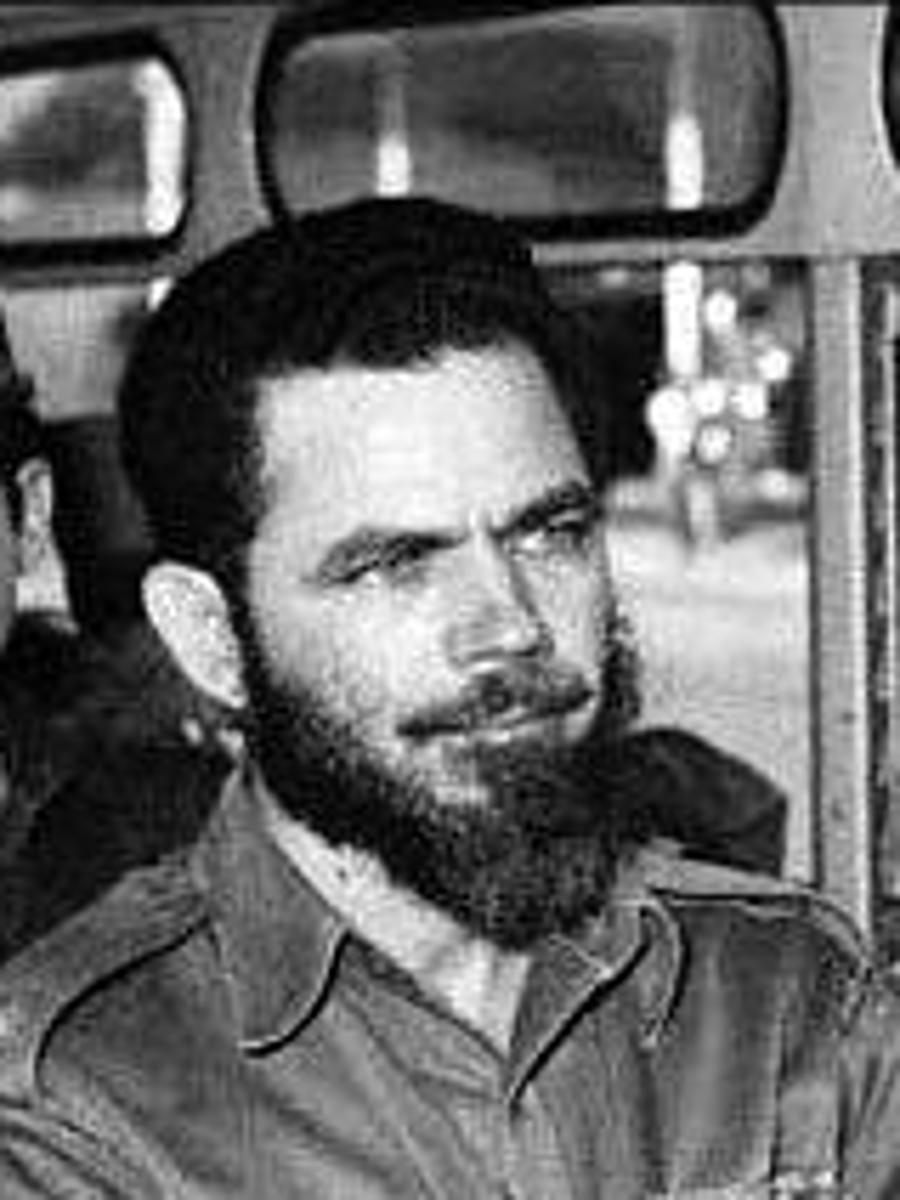
US-Cuba Embargo
Prevented trade between the U.S. and Cuba during the 1960s
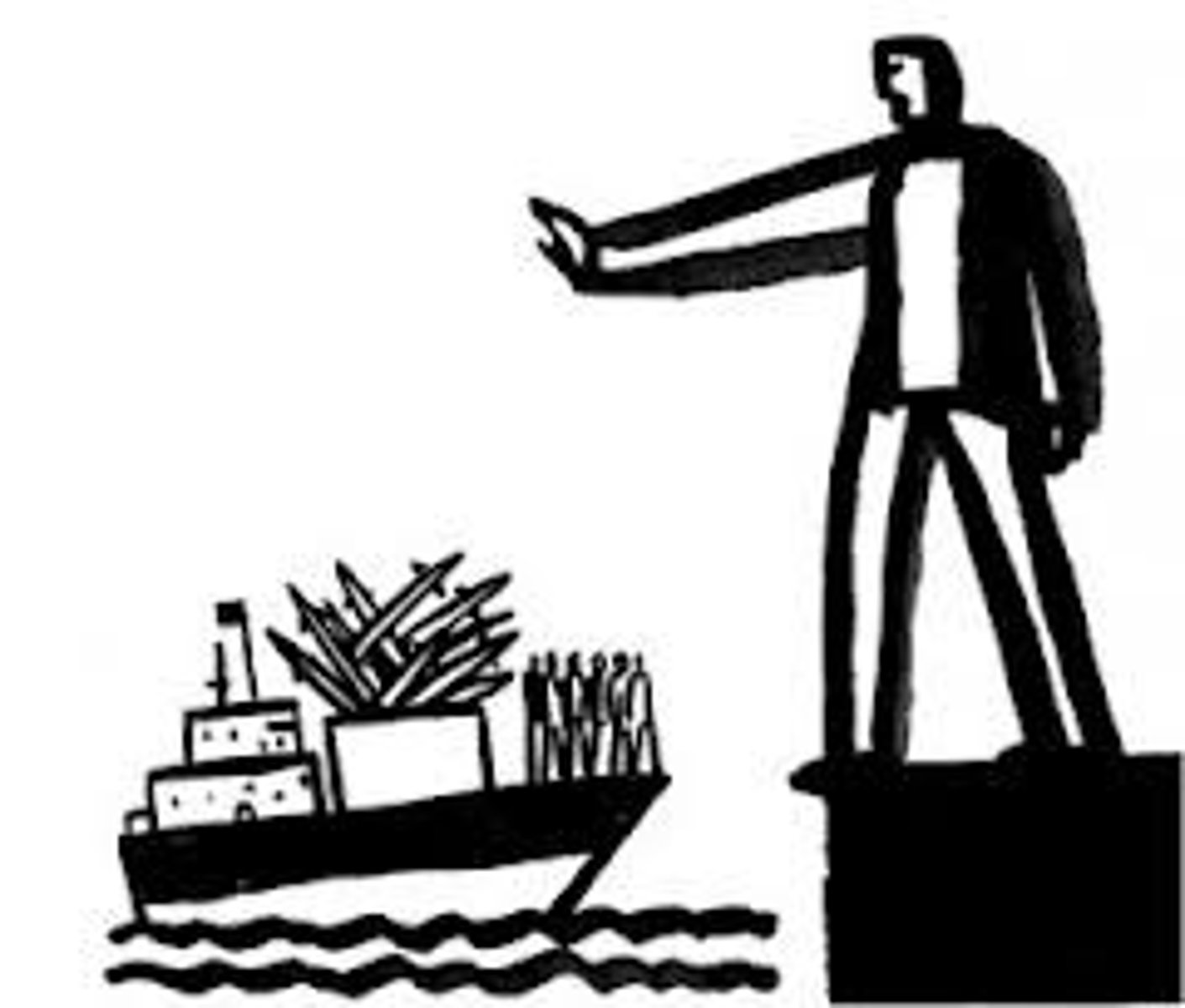
(non)-elections in Cuba
Fidel Castro initially ceased voting temporarily to prevent mafia and the US from interfering; lasted 40+ years